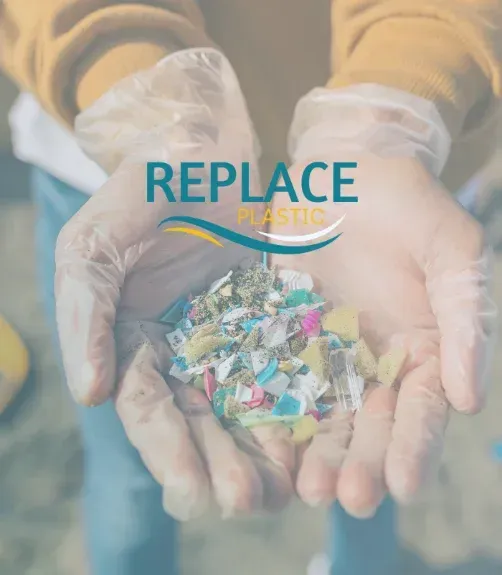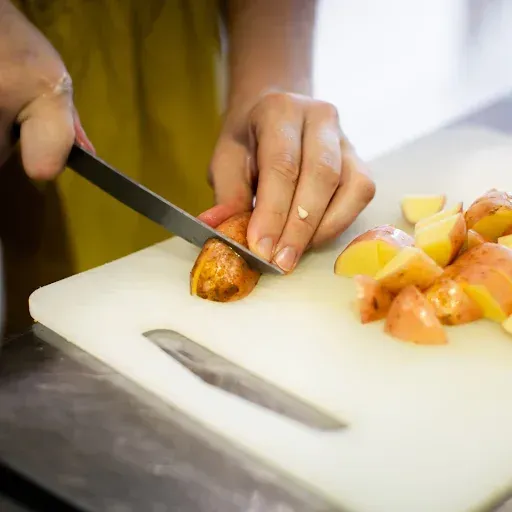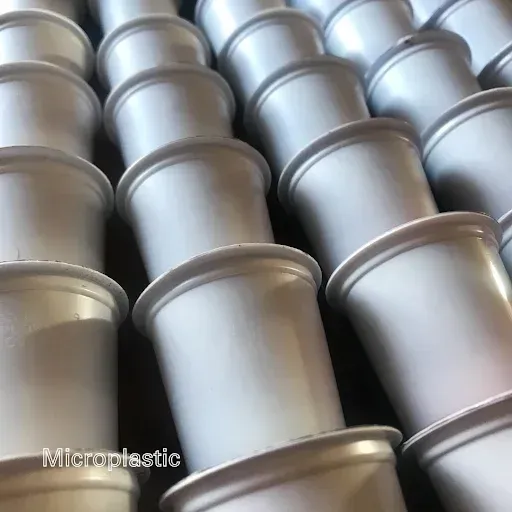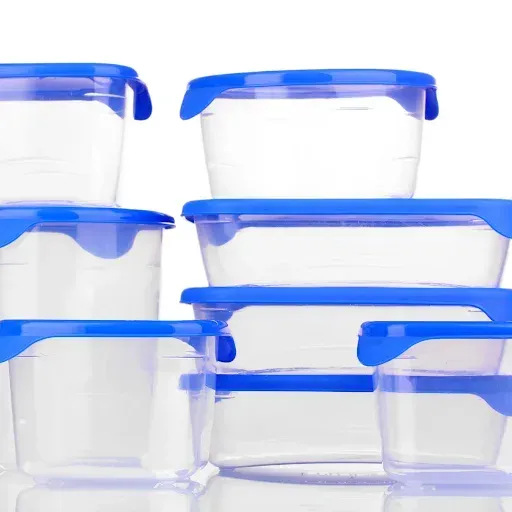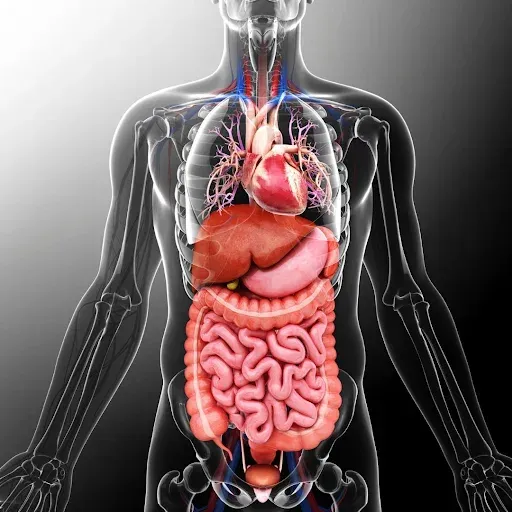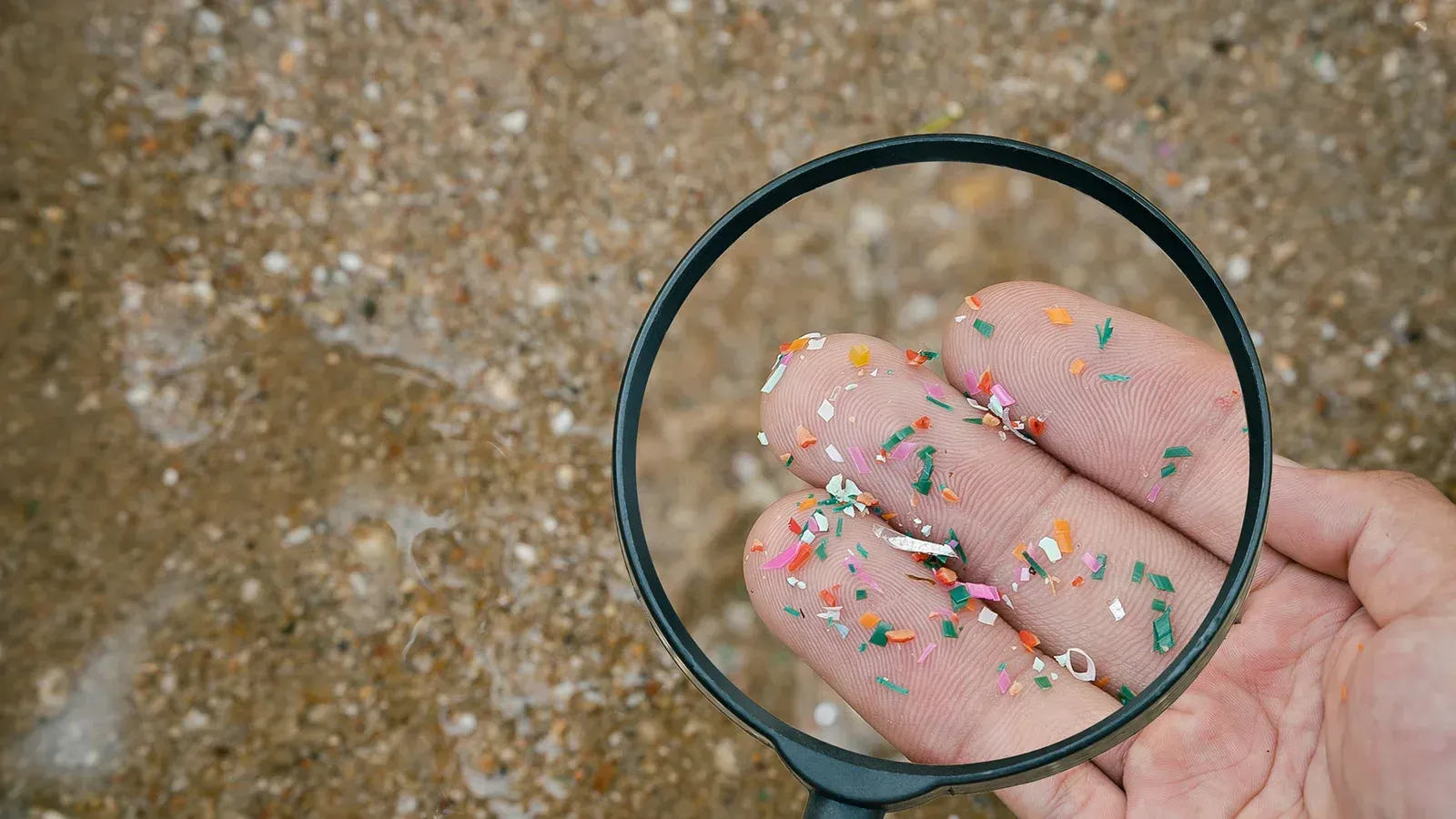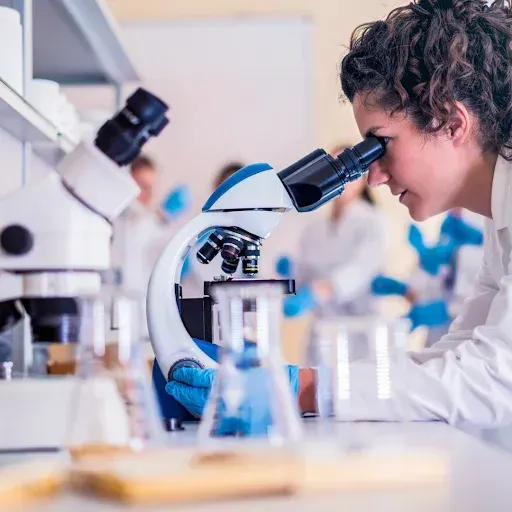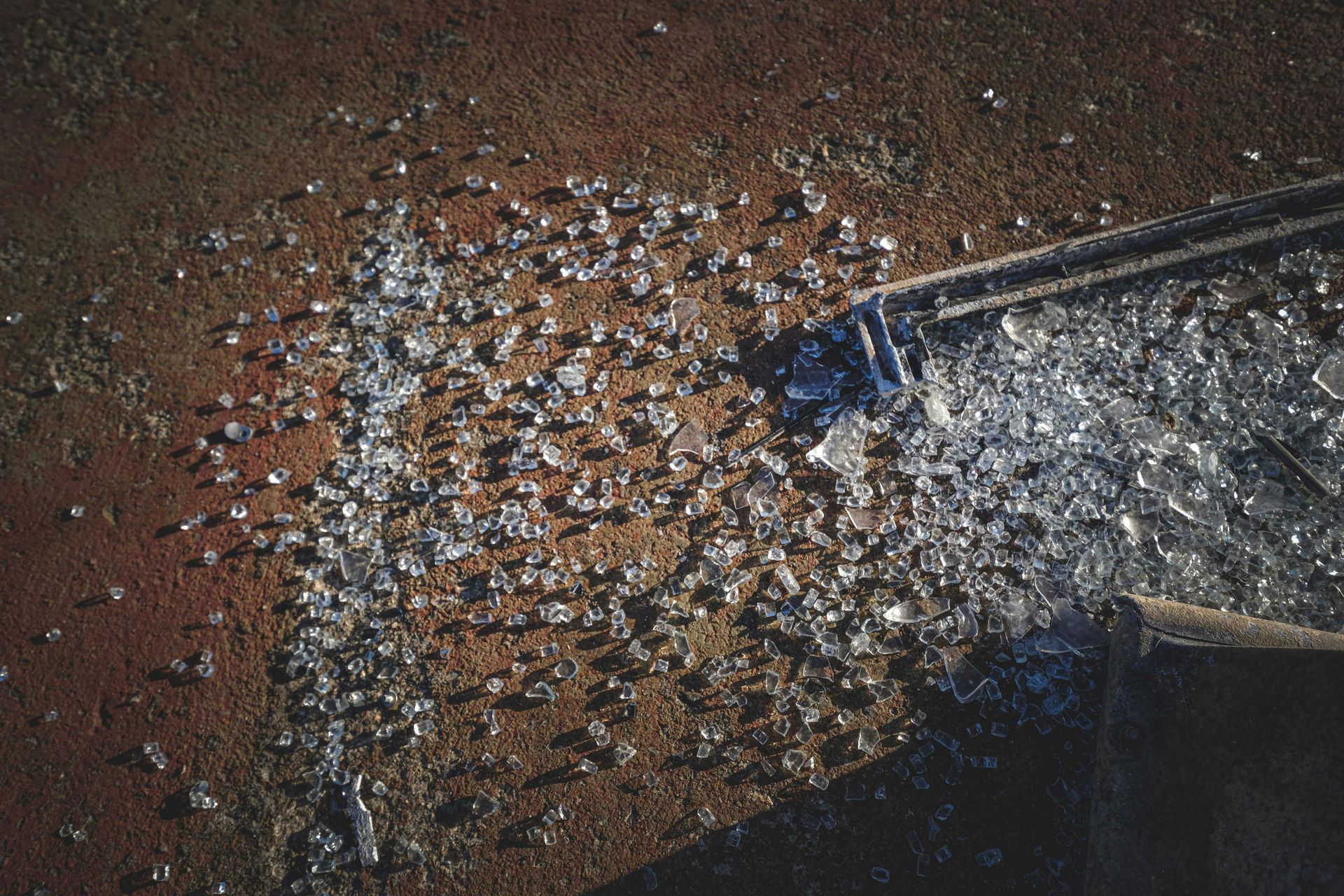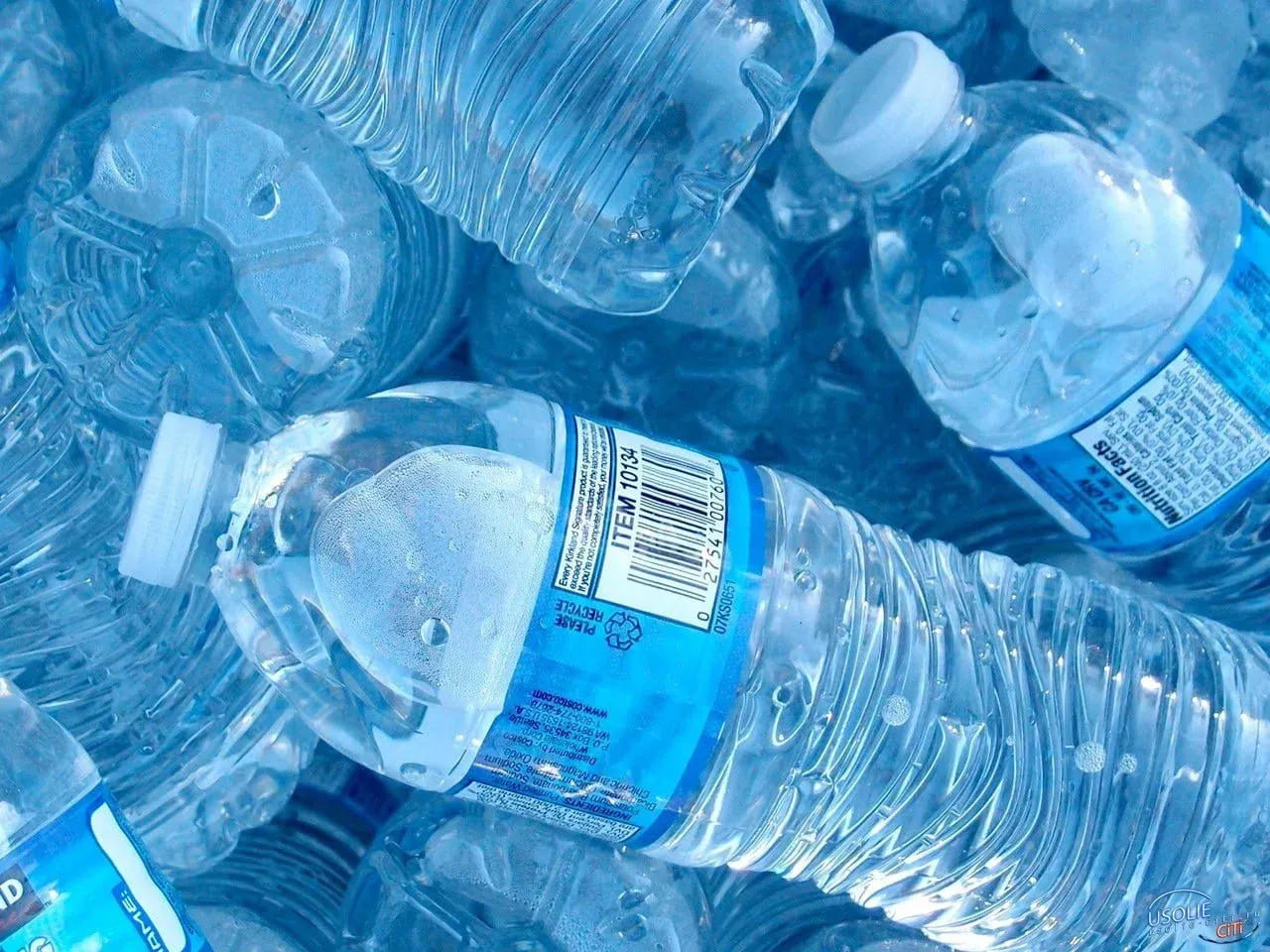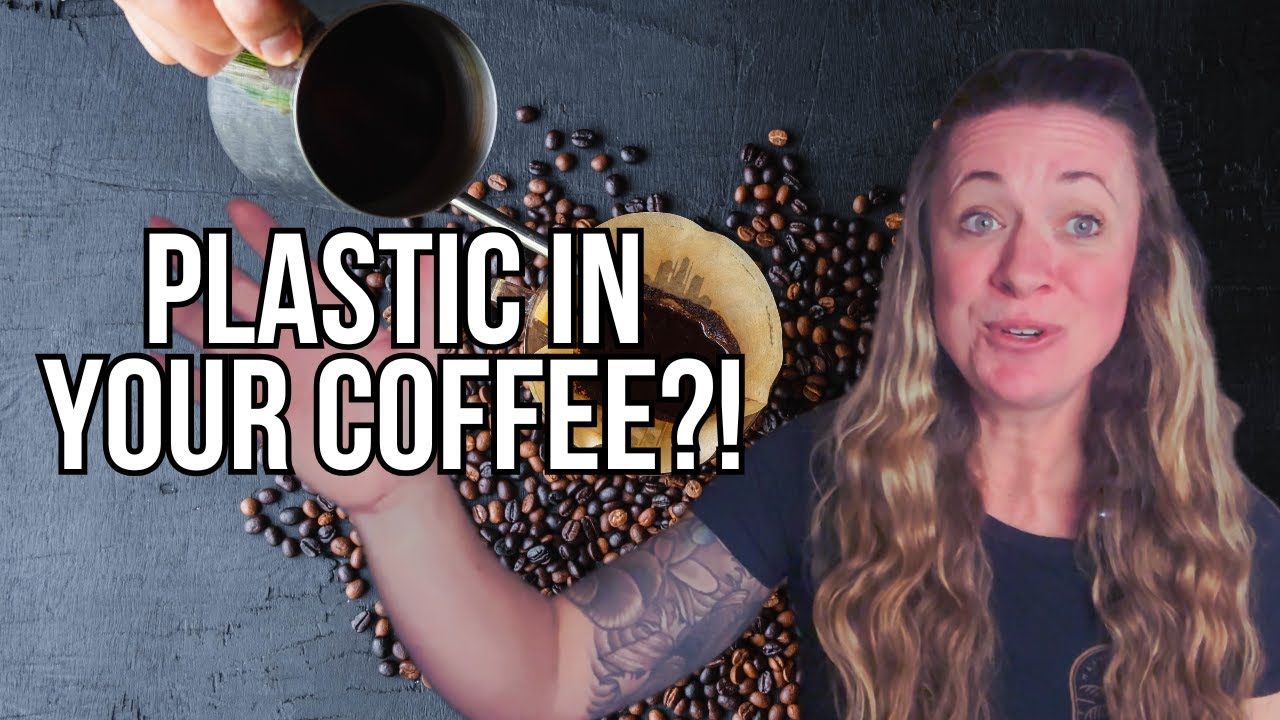Microplastics and Digestive Health: Exploring the Link to IBS
Affiliate Disclosure: This article contains affiliate links. If you purchase a product through these links, we may earn a small commission at no extra cost to you. Check out our complete Replace Plastics Top Picks for more eco-friendly alternatives.
Microplastics are tiny plastic particles less than 5 millimeters in size, and they are now found in the air, water, food, and even our bodies. Recent research is raising questions about the impact of microplastics on our digestive health and whether they might contribute to disorders like Irritable Bowel Syndrome (IBS). In this article, we explore the emerging science behind microplastics and their effects on the gut, discuss possible links to IBS, and share practical tips to protect your digestive system.
Microplastics and Digestive Health: Is There a Link to IBS?
Microplastics have become an inescapable part of modern life. Despite their small size, their presence in our food and water may irritate the gut lining and disrupt the delicate balance of our gut microbiome. These disruptions can lead to chronic inflammation and may worsen digestive issues such as IBS. Understanding this potential link is key to making informed choices that protect your health.
The Growing Problem of Microplastics in Our Environment
Plastic waste degrades over time into smaller pieces, creating microplastics that contaminate our natural environment. These particles come from various sources, including:
- Food and Beverage Packaging: Single‑use plastics and packaging materials release microplastics during handling and disposal.
- Synthetic Clothing: Washing synthetic fibers can shed microplastics into water systems.
- Personal Care Products: Some cosmetics and toothpaste contain microbeads.
- Car Tires and Household Dust: Wear and tear on tires and everyday household products contribute additional particles.
Because microplastics are widespread, completely avoiding them is nearly impossible. However, knowing their sources empowers you to take steps to reduce your exposure.
How Microplastics Affect Digestive Health
Disruption of the Gut Microbiome
The gut microbiome is essential for digestion, immunity, and even mood regulation. Research suggests that microplastics can disturb this balance by irritating the gut lining and triggering inflammation. An imbalanced microbiome is often linked to digestive disorders, including IBS.
Oxidative Stress and Inflammation
A study published in Environmental Science & Technology found that individuals with inflammatory bowel diseases had higher levels of microplastics in their feces. These particles may induce oxidative stress—a harmful imbalance between free radicals and antioxidants—which leads to chronic inflammation and can damage the gut lining.
Leaching of Toxic Chemicals
Microplastics not only cause physical irritation but also act as carriers for toxic additives like BPA and phthalates. When these chemicals leach from plastics, they can further disrupt gut health and contribute to the inflammation seen in IBS.
Protecting Your Digestive Health from Microplastics
While avoiding microplastics completely isn’t feasible, you can take proactive steps to reduce exposure and support your gut health.
1. Filter Your Water
Water is a major source of microplastic exposure. High-quality water filters—especially reverse osmosis (RO) systems—are designed to remove particles as small as 0.0001 microns.
Tip: Filter both tap and bottled water for maximum protection.
Check out the Aquagear Water Filter Pitcher Lead – a trusted option for reducing microplastics in your drinking water.
2. Opt for Fresh, Unpackaged Foods
Processed and packaged foods tend to have higher microplastic content due to plastic packaging. Choosing fresh, unpackaged produce and buying in bulk can help reduce your plastic exposure.
- Shopping Tips:
- Bring your own reusable bags and containers.
- Choose locally sourced foods with shorter supply chains.
3. Avoid Heating Food in Plastic Containers
- Heating food in plastic containers can accelerate the breakdown of plastic, releasing microplastics and harmful chemicals into your food.
Tip: Use glass or ceramic containers for microwaving, storing, and reheating food.
4. Support Gut Health with a Microbiome-Friendly Diet
A healthy gut can help mitigate the effects of microplastic exposure. Focus on:
- Fiber-Rich Foods: Whole grains, fruits, vegetables, legumes, and flaxseeds bind to toxins for easier elimination.
- Probiotics and Prebiotics: Incorporate yogurt, kefir, sauerkraut, garlic, onions, and bananas to support a balanced gut microbiome.
- Antioxidant-Rich Foods: Berries, leafy greens, nuts, and green tea help fight oxidative stress and inflammation.
5. Reduce Airborne Microplastics at Home
Since microplastics are also airborne, lowering indoor levels can reduce the amount you inadvertently swallow.
- Keep Your Home Clean: Vacuum regularly with a HEPA filter and dust with damp cloths.
- Improve Ventilation: Open windows and ensure good airflow.
- Choose Natural Fibers: Replace synthetic home textiles with natural alternatives like cotton, wool, or linen.
6. Daily Lifestyle Tips for a Healthy Gut
Along with dietary changes, simple daily habits can help maintain digestive health:
- Stay Hydrated: Aim for at least 8 cups of water a day.
- Exercise Regularly: Even a daily walk can improve circulation and support detoxification.
- Prioritize Sleep: Get 7–9 hours of sleep each night to help your body repair and detox.
Conclusion: Protect Your Gut and Embrace a Healthier Lifestyle
Although microplastics are nearly impossible to avoid entirely, you can significantly reduce their impact on your digestive system. By filtering your water, choosing fresh and unpackaged foods, avoiding plastic when heating food, and supporting your gut health with a balanced, fiber‑rich diet, you are taking critical steps toward protecting your health. Every small change adds up—helping not only to improve your well‑being but also to contribute to a cleaner environment.
For more actionable tips and eco‑friendly product recommendations, be sure to explore our Replace Plastic Top Picks.
